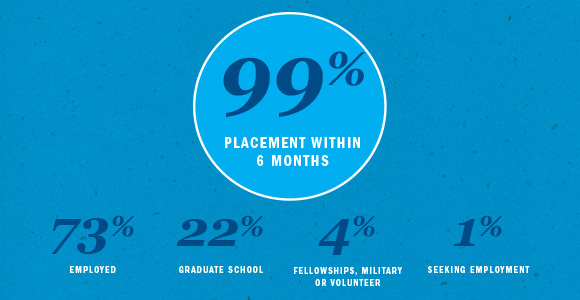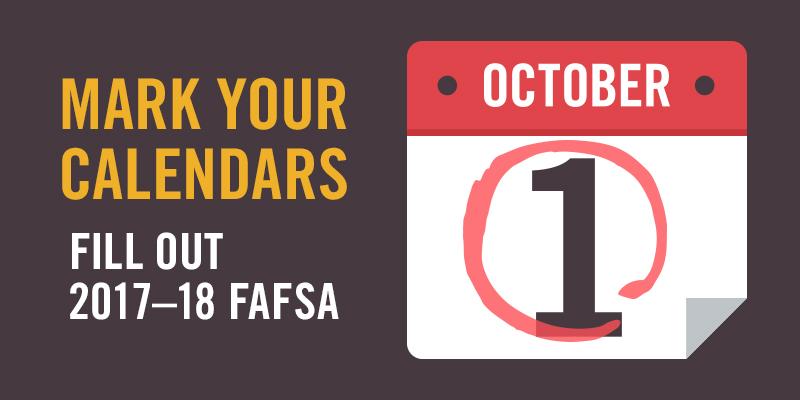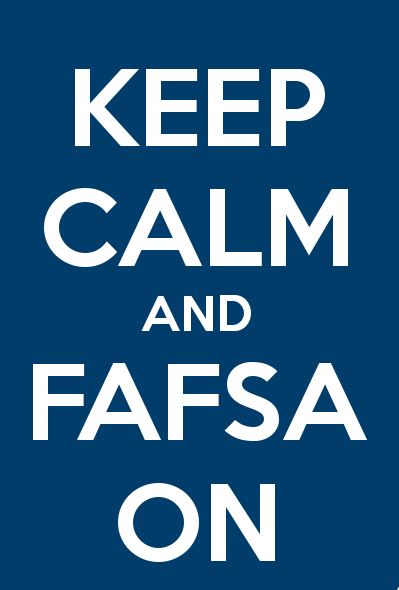Kate Zoromski is one of Lawrence’s Associate Deans of Academic Success. She works with students in a variety of capacities – from transitioning to college, to facing challenges, to life after Lawrence – to ensure their college experience is a meaningful and productive one. She wrote this post for us in 2014, but it has such good, timeless stuff in it that we want to share it with you again.
(You can learn more about the Center for Academic Success and other services it provides here.)
—
As I write this, I am preparing to send my second (and last) child off to college. Like so many parents, I am grappling with how quickly we got to this point. I recently came across a picture of her taken on the first day of kindergarten. She was wearing a bright pink backpack that was nearly as big as she was. Her sweet little face reflected a complex combination of excitement and nervousness. I remember thinking at the time that I was feeling much the same way! Was she ready? Was I ready?
No doubt, we’ve both learned a lot since then. But it occurs to me as we get closer to freshman year that we’ve managed to circle around to that same place. We shopped yesterday for a new backpack (more size-appropriate and not pink). When she tried it on in the store and looked in the mirror our eyes met, and I know we were both thinking the same thing. Are we ready for this?
As the parents of college students, we worry about whether or not our kids have what they need. Have we thought of everything they could possibly need for their dorm room? Do they have all their books and school supplies? Do they know where to get their meals or wash their clothes? Do they have enough money? But we also worry about less tangible things: Are they ready to handle the challenges that come with being a college student? What happens when they need something and we’re not there?
I can’t help but feel that – at least in this one area – I have a slight advantage. I work with college students every day of my professional life. I have watched this journey unfold for thousands of freshmen over the years (including one of my own). And I have learned to trust in their capacity for change and growth, even when they doubt it themselves. I believe my kid can do this. And I believe your kid can, too.
Of course, we all hope our child’s journey will go smoothly. But in college, as in life, they will inevitably face challenges and disappointments. Those of us who work closely with transitioning students know well that how students view the challenges they face significantly impacts their success – in and out of the classroom. And there are simple, easy ways parents can positively impact their children’s ability to handle difficult times.
The research backs me up on this. As parents, we tend to think of our role in our child’s college experience in practical terms; it’s hard not to think of it that way when you’re on your fourth trip to Bed, Bath & Beyond! But there are also some less concrete things we can do to set our students up for success during their college years.
Help your student understand that struggle and challenge are normal parts of a college experience (and life).
As seasoned adults, we understand struggle and growth go hand in hand. It’s a natural part of life. But, in my line of work, it is not uncommon to meet students who feel strongly that struggle means they simply do not have the ability to succeed. They feel it is a sign of failure, which they perceive as something very negative. And, worse, they feel they must hide the fact they are struggling so no one else discovers what they believe is a weakness. Understanding that challenge and failure are things we all face in times of growth will help students develop the resiliency they need to be successful. If your student knows that their experience is normal, they are more likely to press on.
You may remember this Michael Jordan commercial from a few years back. He explains in clear terms that he has encountered more than his fair share of failures, but he believes those challenges are what made him so successful. It is so hard for students to understand sometimes, but failure and success inextricably intertwined.
Encourage “interdependence.”
We spend much of parenthood preparing our students to be independent. We work hard to make sure they can take care of themselves once they head off on their own. But I often find that students internalize our messages about independence as “if I ask for help when I need it, it means I’m weak.” In fact, they will actively resist seeking out the very resources that could help them overcome the challenges they face. I tell students that what we mean when we stress independence is not that we feel they need to handle everything on their own. We simply mean “we don’t want you to be dependent.” These are two very different ideas!
We want our kids to learn how to solve their own problems so they will be able to take care of themselves. But utilizing resources is one of the ways we build the skills we need to succeed. We learn from others – professors, academic advisors, housing professionals, tutors, peer leaders, counselors, and student success coordinators, for example. Talking with these folks provides a solid pathway to success and in no way signals weakness.
Did you see Batman Begins? Remember the scene where Bruce Wayne consults with Fox about getting his Batman suit? Fox provides the information and the resources Bruce needs to become the superhero we all know and love. The funny thing is that no one thinks Bruce Wayne is a failure for using the resources available to him. In fact, we all think he’s a brilliant superhero for thinking of Fox and all the technology available in his department. Why is it, then, that our students hold themselves to a higher standard? Why do they think that asking for help is a sign of weakness?
When we emphasize independence, we run the risk of being misunderstood, which means students don’t get the support they need and deserve. If you can help your child to understand that everyone uses resources to be successful, they will begin to develop the skills they need to face and overcome the obstacles they encounter during their years at Lawrence. Encourage them to be interdependent.
I know better than to tell you not to worry about your student. I remember asking my mom shortly after my first child was born, “When do you stop worrying about them so much?” She chuckled knowingly and simply said “You don’t.” Will I worry about my own freshman in a few weeks? Absolutely. But it helps to know that she is capable of the kind of change and growth necessary to make it a successful year. Our students are headed into one of the most impactful experiences of their lives. Together, we can help them overcome the obstacles they will face and ultimately find success.
– Kate Zoromski, Associate Dean of Academic Success





